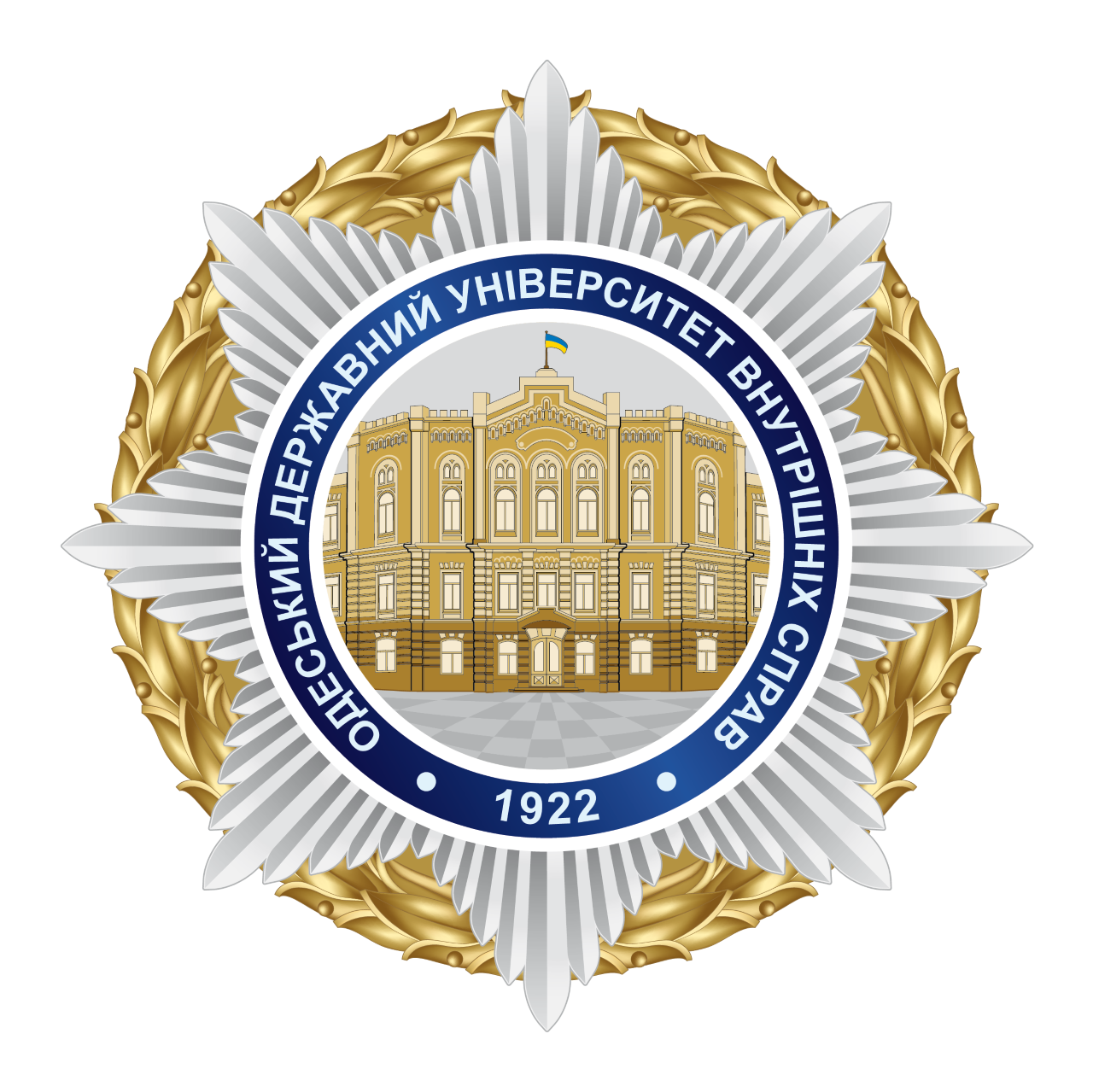
On November 29, the Odesa State University of Internal Affairs hosted the All-Ukrainian Scientific and Practical Conference “Criminal Law, Criminological and Criminal Executive Measures of Crime Prevention during Martial Law”.

The scientific event was opened by the acting rector of the University, Candidate of Law, Police Colonel Viacheslav DAVIDENKO.
The conference participants were greeted by:

- Yegor NAZIMKO, Deputy Director of the Department of Education, Science and Sports, Doctor of Law, Professor, Major of Police;
- Oleh PIDLUBNYI, Head of the Southern Odesa Territorial Department of the National Guard of Ukraine, Major General;
- Andrii YAVTUSHENKO, Head of the Southern Region Support Office of the Department for the Execution of Criminal Sentences, Colonel of the Internal Service.

The main directions of the conference:
1. Combating war crimes is a priority for the National Police of Ukraine.
2. Peculiarities of qualification of certain types of criminal offenses: current realities.

3. The penitentiary system of Ukraine in wartime: challenges and risks.
The event brought together leading scholars, lawyers and practitioners in the field of criminal law, criminology, criminal executive law to discuss current issues and prospects for the development of criminal and criminal executive legislation.

The main focus was on improving criminal legislation, increasing the efficiency of penitentiary bodies and institutions, probation service and adapting legal norms to new realities, in particular under martial law.

Among the key topics discussed at the conference were the issues of reforming criminal legislation, delineation of certain criminal offenses against the national security of Ukraine, problems of qualification of certain criminal offenses, problems of determining the most effective general social and individual criminological measures, and the development of effective tools for achieving the goal of correction and resocialization of convicts.

During the event, new research aimed at further development of criminal science and law enforcement practice was presented. Participants discussed a wide range of issues, with a particular focus on reforming criminal legislation in the face of modern challenges, improving the effectiveness of the state's control and supervisory functions, and ensuring transparency and accountability of perpetrators.

The conference featured lively discussions on the adaptation of criminal law to new realities, such as martial law and the need for rapid response to emergencies.
Unit of Communication of the OSUIA


